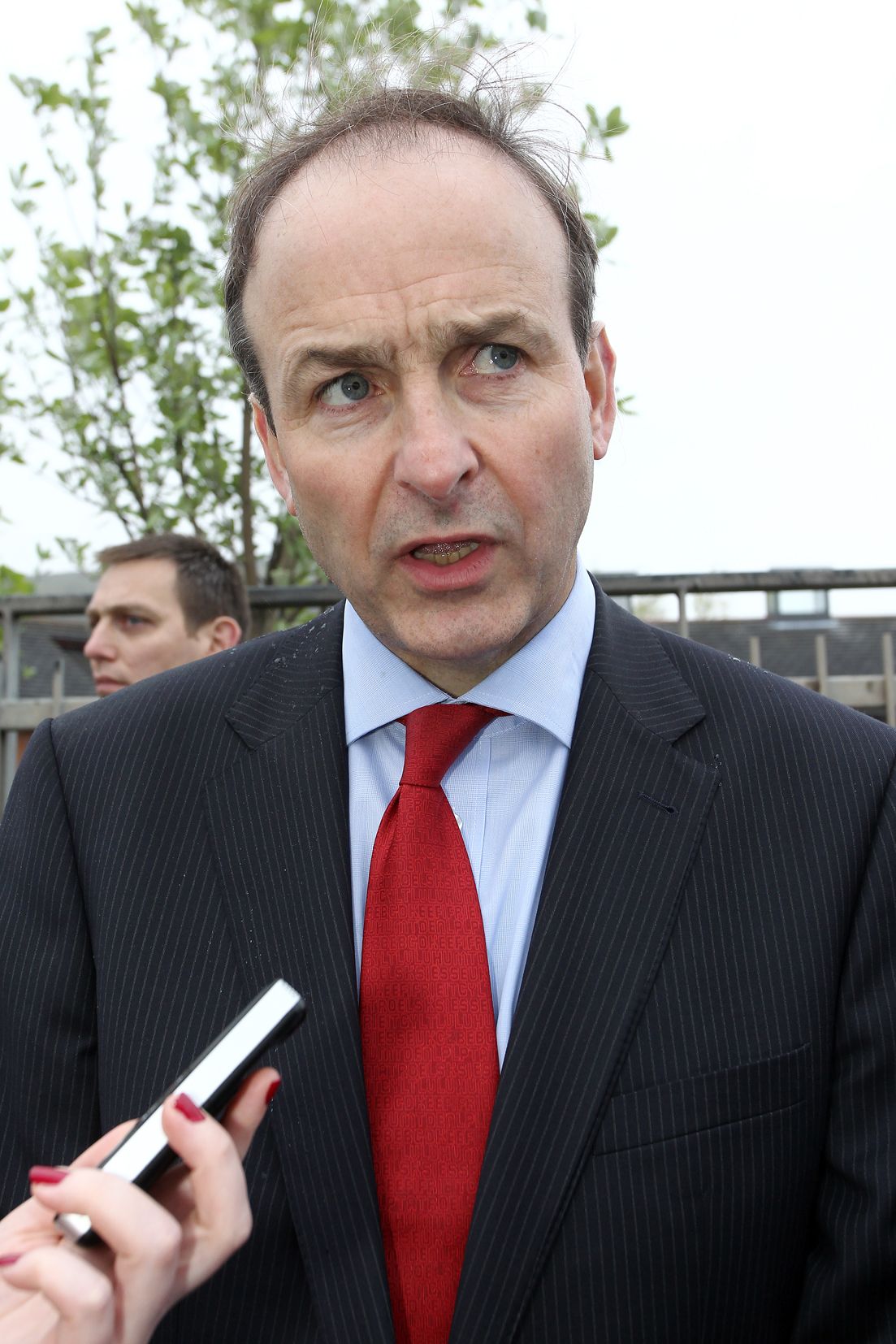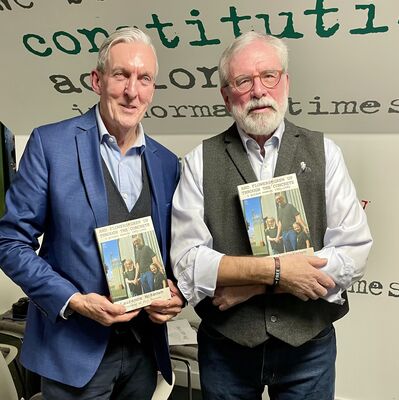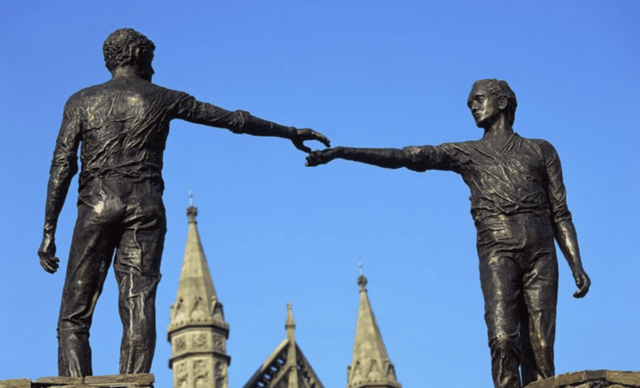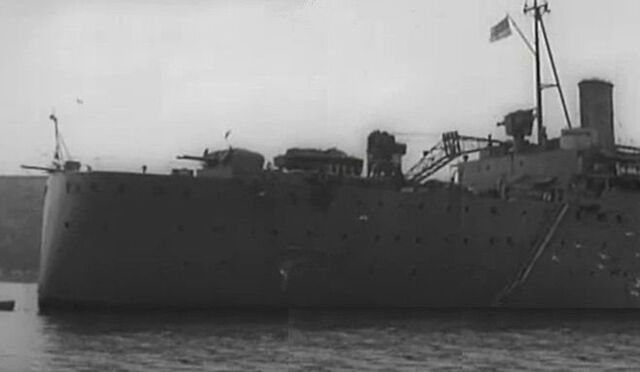HARDLY a week goes past without some new aspect or commentary emerging on the issue of Irish unity. When will the unity referendum by held? What criteria should the British Secretary of State apply when deciding on the date? What is the role of the Irish government? What will the question/s be that will be asked of citizens? How will the referendums be structured and what new laws might be needed to facilitate them.
The fact is that there will be a unity referendum. When it comes it will be the most important constitutional debate about the future of the island of Ireland in 100 years. As we prepare for it, it is worthwhile reflecting on the recent role of referendums in encouraging greater public awareness of and an engagement in democratic decisions that achieved significant positive change.
The referendums on marriage equality and the repeal of the 8th amendment are the most obvious. The Irish Government helped prepare for these by establishing citizen-centred mechanisms – the Constitutional Convention and then the Citizens’ Assembly – to examine constitutional and societal change. This process of maximising democratic engagement in the process of change and in the referendum process was a success. 23 years ago the May 1998 referendums that were held north and south came at the end of an intense period of negotiation and a wide-ranging debate on the merits or otherwise of the Good Friday Agreement. Those referendums achieved a massive majority in favour of the Agreement.
In stark contrast, the failure of the Tory Government of David Cameron to properly prepare for the Brexit referendum in 2016 resulted in an outcome that has sharply divided British society, encouraged the break-up of the British union and created economic turmoil.
The consequences for the North have been especially difficult. The election of Edwin Poots as leader of the DUP saw him trot out the same nonsense as his predecessor – that the EU and the Irish Government have flouted the will of the people of the North. Poots went so far as to claim that the Irish Government is “going to starve Northern Ireland people of medicines no less, cancer drugs and other materials, such as the food that's on our table.”
None of this is true of course. It’s a deliberate distortion to heighten fear around Brexit, the Irish Protocol and the growing interest in Irish unity. The DUP is intent on whipping up resentment to a Brexit crisis that it has been instrumental in creating. No mention of the DUP’s aggressive support for the Brexit referendum and for the vote to leave in 2016. No mention of the reality that the majority of citizens in the North voted to remain in the EU or that the DUP consistently refused to support any of the efforts by Theresa May to produce an agreement with the EU.
Democracy DUP-style, which has its roots in the partition of Ireland a century ago, is a limited philosophy that excludes the rights and votes of nationalists and republicans. It ignores the reality that political unionism is now an electoral minority and holds just 40 out of 90 seats in the Assembly.
Last week also saw the publication of the final report from the ‘Working Group on Unification Referendums on the Island of Ireland’. The working group is based at the Constitution Unit of University College London. It too supports the imperative of preparing for the unity referendum.
United Irelanders have to be inclusive of everyone. As we work to move the process of change ahead and seek to win the unity referendum we must include our neighbours and fellow citizens who identify as British. To do this effectively and democratically we must plan for the unity referendum and plan to win it.
Last week the Irish Times concluded: “If it is plausible to think referendums on Irish unity could happen this decade, it would be prudent to plan for that possibility.” Last week also saw the publication of the final report from the ‘Working Group on Unification Referendums on the Island of Ireland’. The working group is based at the Constitution Unit of University College London. It too supports the imperative of preparing for the unity referendum.
The Working Group is made up of 12 academic specialists in politics, law, sociology and history. They were brought together and have spent two years examining what the Good Friday Agreement provision for the referendum means in practice, what technical and procedural questions arise as a result and what steps are necessary to facilitate it and ensure that it fair and democratic. They have also received hundreds of submissions from individuals and organisations.
The report, which will require careful consideration, runs to 260 pages. It suggests what criteria the British government should use to determine when the referendum is held. These are: election results, opinion polls, qualitative research, a vote in Stormont, seats won at elections and demographic data. It asks whether the Irish government should present a clear model of the kind of united Ireland on offer before the referendum or instead propose a constitutional process to determine that after the referendum takes place and if voters say Yes. It asserts that: “A referendum should be called if a vote for unification appears likely, even if by a slender margin.” And it accepts the Good Friday Agreement principle that a Yes vote requires a vote of 50 per cent +1. The reports states: “It would breach the agreement to require a higher threshold than 50 per cent + 1.”
It also looks at the kind of political structures that might emerge as a result of the referendum and constitutional change.
These are big issues for consideration. And there are many more questions and issues raised in this lesson that we can draw from this report is that there is a need to prepare for the unity referendum. The Micheál Martin approach is not good enough. Sticking your head in the sand and hoping that this debate will go away represents a lack of vision and of leadership. An Taoiseach’s starting point, like ours, has to be the Good Friday Agreement. He needs to read it again.
Loyalist anger remains pointed in the wrong direction

LAST week the 27 leaders of the European Union met in Brussels to discuss a range of issues, including Brexit and the Irish Protocol. Speaking afterward the European Commission President. Ursula von der Leyen, above, laid the blame for the current crisis at the door of the Brexiteers, including the DUP.
She said: “There should be no doubt that there is no alternative to the full and correct implementation of the Protocol... It is important to reiterate that the Protocol is the only possible solution to ensure peace and stability in Northern Ireland, while protecting the integrity of the European Union single market... If we see problems today we should not forget that they do not come from the Protocol but result from Brexit, that is the reason why the problems are there.”
DUP spokespersons and the Loyalist Communities Council (LCC) again claimed that the Irish Protocol – which Boris Johnson negotiated and agreed with the EU – will destabilise the political situation in the North and risks violence. It is “oppressive and undemocratic,” said Jeffrey Donaldson.
Much of their ire has been directed at Mrs von der Leyen. The LCC Chairperson David Campbell described her as an “ostrich with her head in the sand” and there were warnings that the North is set to “descend into chaos this summer”. Like so many others, Campbell decided that the LCC could speak for all the people of the North and not just the loyalist paramilitaries he represents with the claim that “the protocol has to go and will go – the people of Northern Ireland will not accept this diktat from yet another unelected German.”
It is also important to realise that within loyalism there exist different voices and different opinions on the way forward. There isn’t unanimity of approach around the possibility of “chaos” or violence. There are many within loyalism and the community sector working within loyalist working class areas who oppose unionist politicians using their community as a stick to threaten others with. They see “chaos” being to the detriment of their community.
They are also trying to deal with housing need; unemployment; drug gangs; health inequalities; poverty; deprivation; and disadvantage. They are especially concerned at the emergence of an underclass of young people – ‘no-hopers’ – who refuse to listen to anyone.
The recent street disturbances at some of the interfaces witnessed a section of unionist youth prepared to tell loyalist leaders who tried to stop the violence where to go. Tackling these problems in a heightened atmosphere of fear and with unionist parties normally disinterested in addressing these issues is hugely difficult. There is a commonality of challenges facing our society in both nationalist and unionist working class areas. We are best able to tackle these if we are able to do so together.
So well done to those from within loyalism who are doing their best to keep the peace and to tackle disadvantage.








